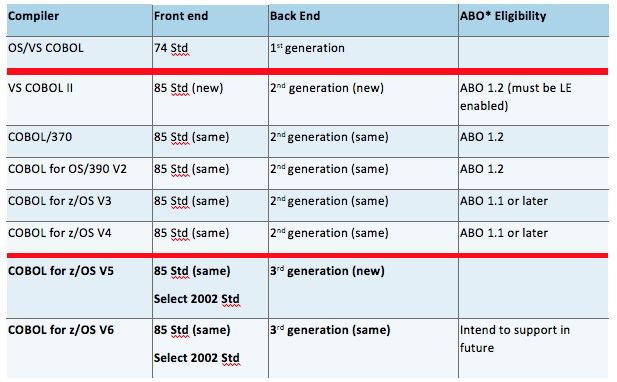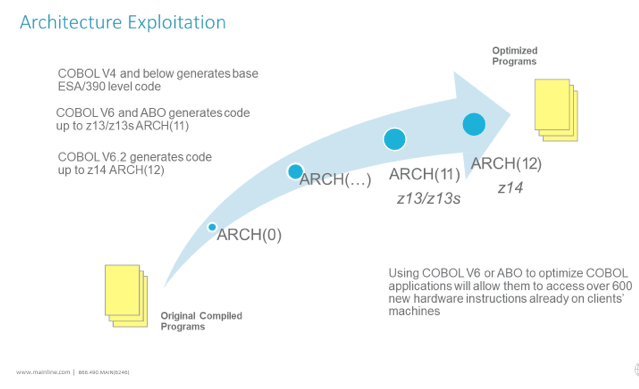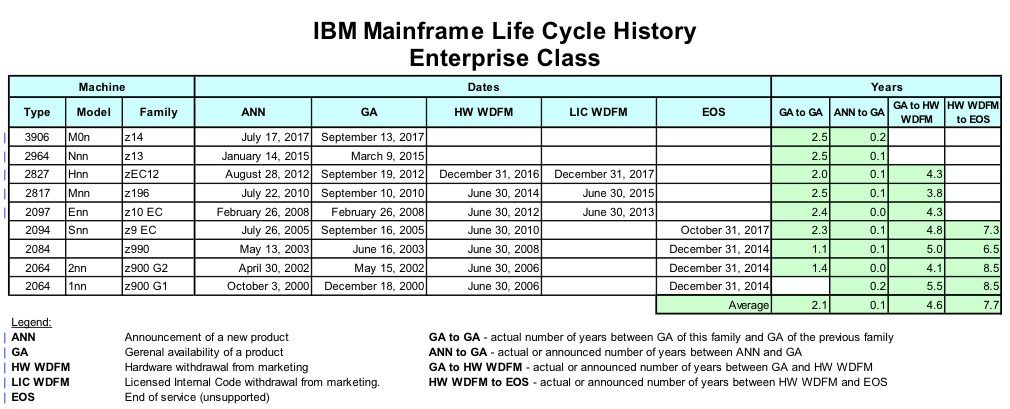COBOL has been a mainstay of traditional application development on System z. Organizations continue to develop and maintain core business logic built in COBOL; but, has your organization embraced any of the new capabilities that are now part of the newest COBOL v6.2 compiler?
A large percentage of customers have made no changes to their COBOL compiler environment and continue to utilize the COBOL v4.2 compiler, or earlier. However, COBOL v4.2 for zOS was Generally Available (GA) in August 2009.
There have been significant improvements in the System z hardware (chip instruction sets) to provide simplified, streamlined and faster compute processing. These additional instructions, imbedded into the newer chip technology, provide for dramatically streamlined computational processes. Any advances in the hardware that are sitting on your raised floor are not being leveraged by COBOL v4.2, as that version of the compiler is most closely associated with the z10, or earlier hardware instruction set(s).

It should also be noted that COBOL v6.2 was Generally Available (GA) on September 8, 2017, and the End of Marketing (EOM) for COBOL v5 was September 11, 2017. COBOL v5 was GA on June 21, 2013 and EOM was announced on December 6, 2016. Keep in mind that COBOL v5 and v6 are considered the 3rd Generation of COBOL compiler technology.
COBOL v6.2 takes advantage of the advances in chip technology that was introduced from the z11 family (z114/z196) all the way to the z14 family of processors. There have been hundreds of additional instructions added to the chipsets during that time-over eight years of hardware technology enhancements.

Performance improvements for packed decimal, zoned decimal and large decimal processing can provide SUBSTANTIAL benefits to both the processing speed and the reduction in execution times—creating the potential to noticeably reduce batch windows. Average performance improvements range from 10-20% vs COBOL v4.2. A reduction in batch windows and compute processing could also provide financial results by lowering Monthly License Charge (MLC) costs.

Also see: https://cobol-migration-assistant.mybluemix.net/ for additional information on migrating.
Please contact your Mainline Account Executive directly, or click here to contact us with any questions.
